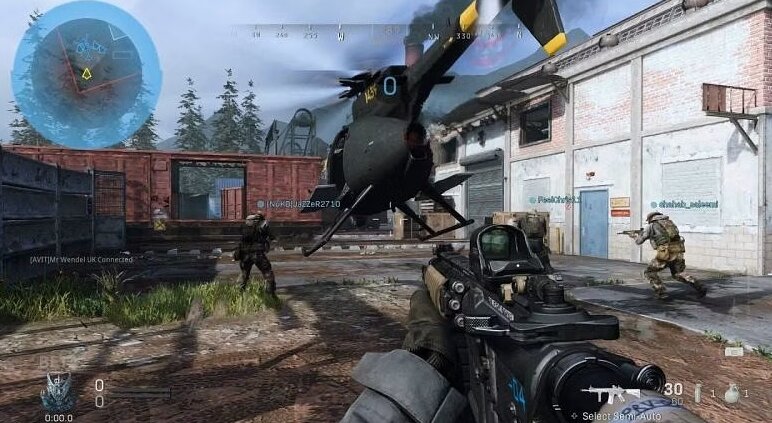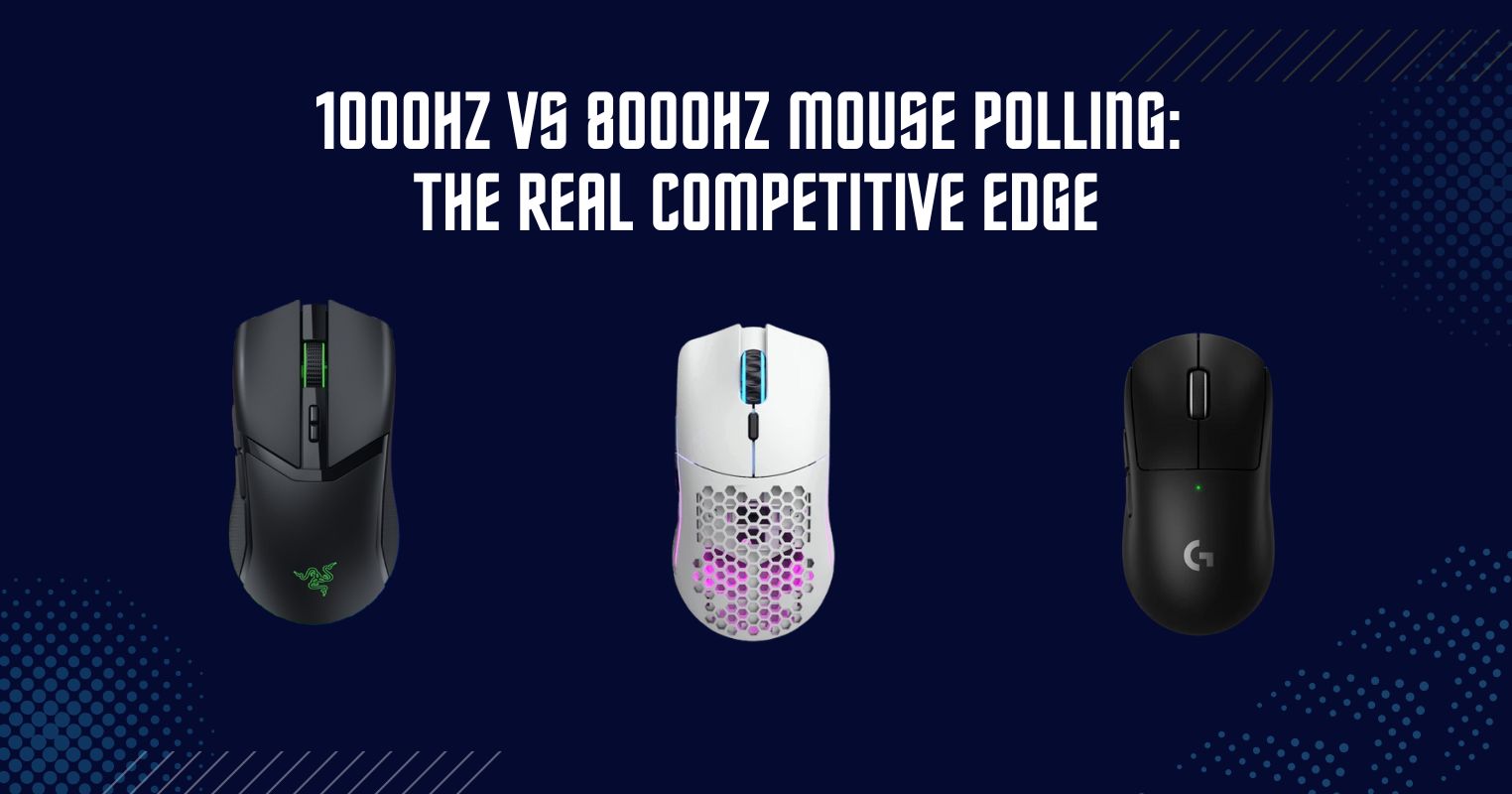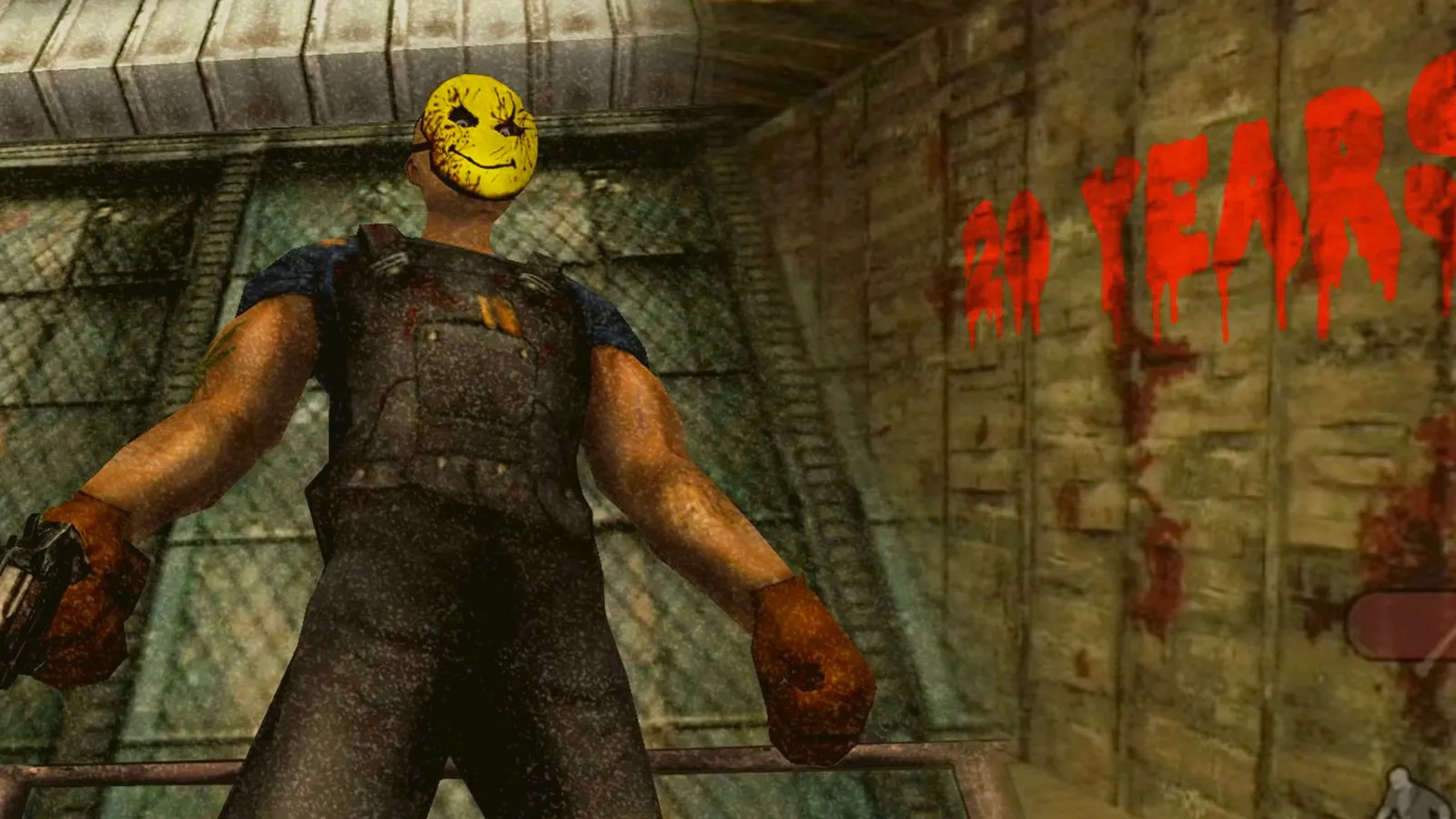- Video games can boost critical skills by activating brain regions that are associated with decision-making and problem-solving.
- Acquiring these skills helps in day-to-day life situations that require strategic and prompt decisions.
- Playing multiplayer games also enhances coordination and communication skills that contribute to better teamwork.
You might be surprised to know that playing video games can boost critical skills and creativity. Since we are constantly analyzing strategies to pass levels, tackle opponent attacks, and defeat our enemies while gaming, it plays a crucial role in enhancing our mind’s strength.
How Are These Skills Related To Gaming?
Contrary to prevailing opinion, playing video games does not have all bad consequences. Instead, it is actually shown to improve our critical and creative thinking. What makes it possible?
Playing role-play games lets you think and see from the character’s perspective and make instant decisions when met by challenges and enemies. Sports games, such as FIFA, directly involve quick judgment and prompt responses to stay ahead of the opponent team.
Additionally, action games like Call of Duty require full concentration and strategic movements so you can defend your character against rival attacks while planning your next move. Even in-game failures contribute to improved critical thinking since we have to think of a different strategy to complete the mission when one plan fails.

Do Video Games Really Boost Critical Skills?
A review by Rahimi and Schute (2021) found that playing video games positively affects one’s creativity. Another experiment by Mercier and Lubart (2023) found that creativity correlated positively with gaming frequency. It was also seen that playing shooter games enhances the gamer’s ability to think about objects in three dimensions while playing challenging games improves our problem-solving abilities (Granic et al., 2014).
Even from a neurological perspective, video game players show higher activation in the brain areas that are related to visuomotor processing. Hence, they are quicker at decision-making than non-video game players (Jordan and Dhamala, 2022).
Therefore, these pieces of research further evidence that gaming has a lasting positive effect on a person’s cognition, improving essential skills like creativity, decision-making, and problem-solving.
Applications Of These Skills In Everyday Life
These cognitive skills have a plethora of implementations in our everyday lives. From academics to playing sports, these skills are ingrained in our routine.
For instance, with excellent creative skills, you can ace arts and creative writing courses with ease. Similarly, before making a purchase, you may not just grab something because it is attractive and flashy. Rather, you do a need assessment and check whether it’s being offered at a fair price point.
Just like these examples, there are tons of situations in our day-to-day lives where we have to quickly make decisions using a strategic analysis. As discussed above, those who frequently play games are better at making decisions than those who don’t, giving them an edge in this fast-paced world.

Multiplayer Games Foster Teamwork
Apart from improving brain skills, video games also provide other benefits. Online multiplayer gaming is offered in games like Minecraft, Among Us, and several more. When you interact with other players online and have to play in teams, you learn to communicate effectively and develop better coordination to win team challenges.
Consequently, these skills translate well to real-world settings, hence improving teamwork and communication. Such skills help in academic and work settings where we often have to pair up with other individuals to get the task done.

Lastly, anything, when done in excess, can be harmful, and the same goes for video gaming. Keep the gaming hours in line with a healthy limit, around 2-3 hours per day. Exceeding the ideal time limit by a large extent can make you prone to gaming addiction.
Latest Gaming Updates
Thank you! Please share your positive feedback. 🔋
How could we improve this post? Please Help us. 😔





